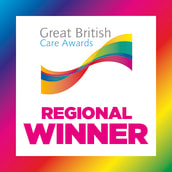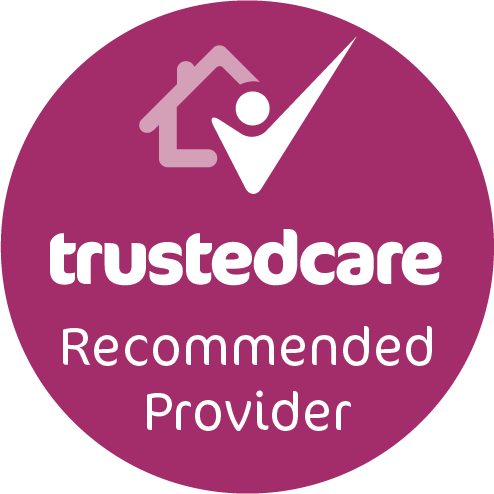In the conclusion of our first 2-part blog, Beth Britton continues her interview with one of ENA’s Care Managers, Matt Blanche, to find out about matching personalities between live-in carers and clients, and how a positive work culture drives ENA’s commitment to the highest quality of care and support.
Matt, you’ve told me about your career before you joined ENA, what your job involves and what makes live-in care so special in Part 1 of our interview.
Now I’d like to explore the difference live-in care makes to your clients, social care recruitment, working for ENA and your hopes for 2022. But first of all…
Given how much we’ve already said (in Part 1) about the importance of relationships in live-in care, how do you ensure you match the right carer to each client?
It’s all about knowing your clients and live-in carers. You only achieve the level of knowledge you need by taking the time to communicate with everyone involved in a placement.
In social care, the focus is often on how experienced staff are. How well do they understand care and how much knowledge do they have of particular conditions? For me, whilst matching up clients to carers with the right experience is important, matching up personalities is even more important. You need to know a client, what age they are at heart, and match them up to a carer who they can bond with over mutual interests.
To be successful as a care professional you need to build relationships quickly. In my job I meet clients who have just left hospital or a care home, and in the first week at home they aren’t used to having so much time with just one care professional. They might say to me in that first week: “Live-in care isn’t for me, I didn’t think it would be like this,” and I always say: “Please just give live-in care a week.”
In my experience, that’s how long it takes for everything to start to click into place with the client/carer relationship. Of course, the nature of human relationships is that we don’t always get the mix of client and carer right, but it’s about spotting that and changing the carer if needed.
What do ENA clients say to you about the difference live-in care makes to their lives?
When a live-in care placement is going well, clients always talk about the carer themselves. They will say things like, “My carer is fantastic,” and, “I couldn’t do without my carer, I rely on them, I don’t want to lose them.”
When a placement isn’t going well, it will be because the two people just aren’t a good match in terms of personality. We train our carers to a really high standard, so it’s rarely an issue with the level of care, it’s just that human factor of compatibility.
What’s great about live-in care is that you can have an honest conversation with the carer and they don’t take it personally. Their next placement could well be an ideal match.
It’s well-known that recruitment is challenging in social care at the moment. How do you go the extra mile to support your live-in carers?
As a Care Manager, supporting my carers is vital. When a carer goes into a placement, I will call them daily and try to visit them and their client within their first week. My ongoing commitment to them after that is to remain in regular contact, and to always be there if they need to talk to me.
As a company we really value our carers and support them continuously through our learning and development opportunities. In supervisions with our carers, they might identify a career goal or aspiration and we will support them to reach it, even if it means that they will eventually leave.
How would you sum up working for ENA?
What makes ENA stand out for me is how we all work together. In other organisations I’ve worked for it’s been more insular and about each employee working in a silo. ENA is all about the personal touch and it is truly like working in a big family.
We pride ourselves on providing person and relationship centred care to our clients, and that extends into how we treat each other as colleagues too. We all look after each other and work together, whether you are office-based or one of our live-in carers. By working in this way, our clients receive the very best care and support from all of us.
What would be your wish for people who need social care in 2022?
I have two!
1) People who need care and support often don’t have much control over what happens and who ends up providing their care. They often don’t realise that they even have choices. So for me, access to information and education about how the social care system works and what care and support is available is so important.
2) With Covid restrictions, a lot of my clients are almost giving up on going out and having social lives because, even with the support of a live-in carer, it just seems like too much to think about and cope with. They’ve got used to being at home and the thought of going out can trigger significant anxiety for some people.
So, my second wish is that things will get to a point in 2022 where older, disabled, and vulnerable people can feel more at ease engaging with their local community. We have a client who’d love to go back to the theatre when they feel things are a bit safer. My mission is to make that happen for that person in 2022.
—- Many thanks for your time Matt. —-
















